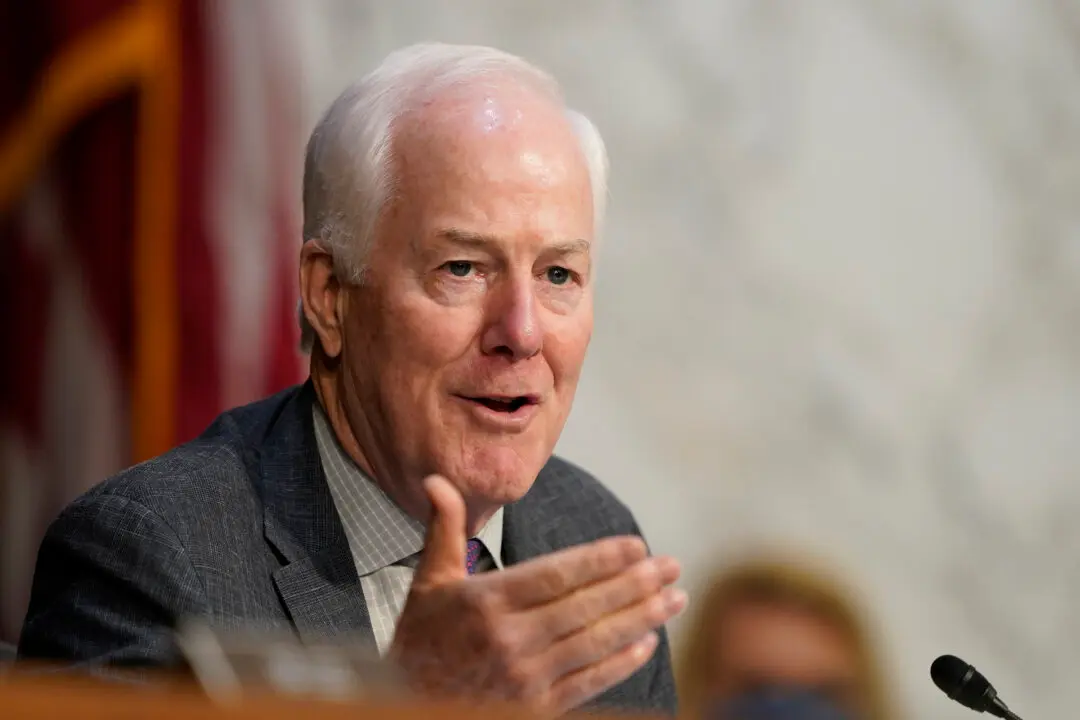U.S. Sen. Ron Johnson (R-Wis.) is pressing a federal agency to answer questions about pilots’ health following COVID-19 vaccinations.
In a Jan. 27 letter sent to Acting Federal Aviation Administration (FAA) Administrator Billy Nolen and Federal Air Surgeon Susan Northrup and shared exclusively with The Epoch Times, Johnson revealed that the FAA told him that a change in a heart-test standard for pilots had “nothing to do with COVID vaccinations.”





